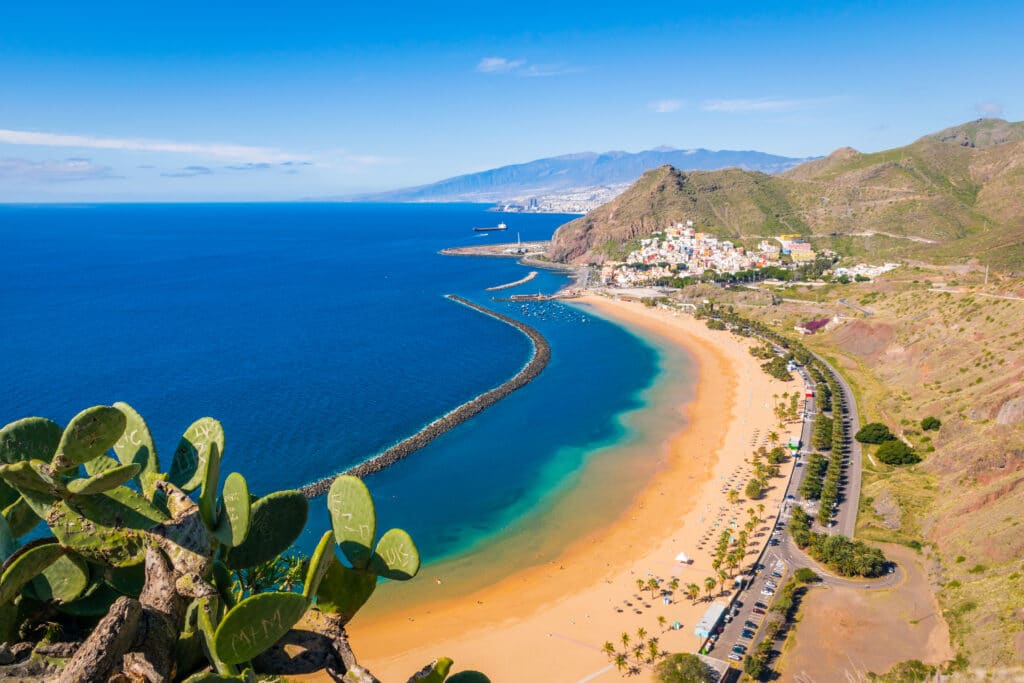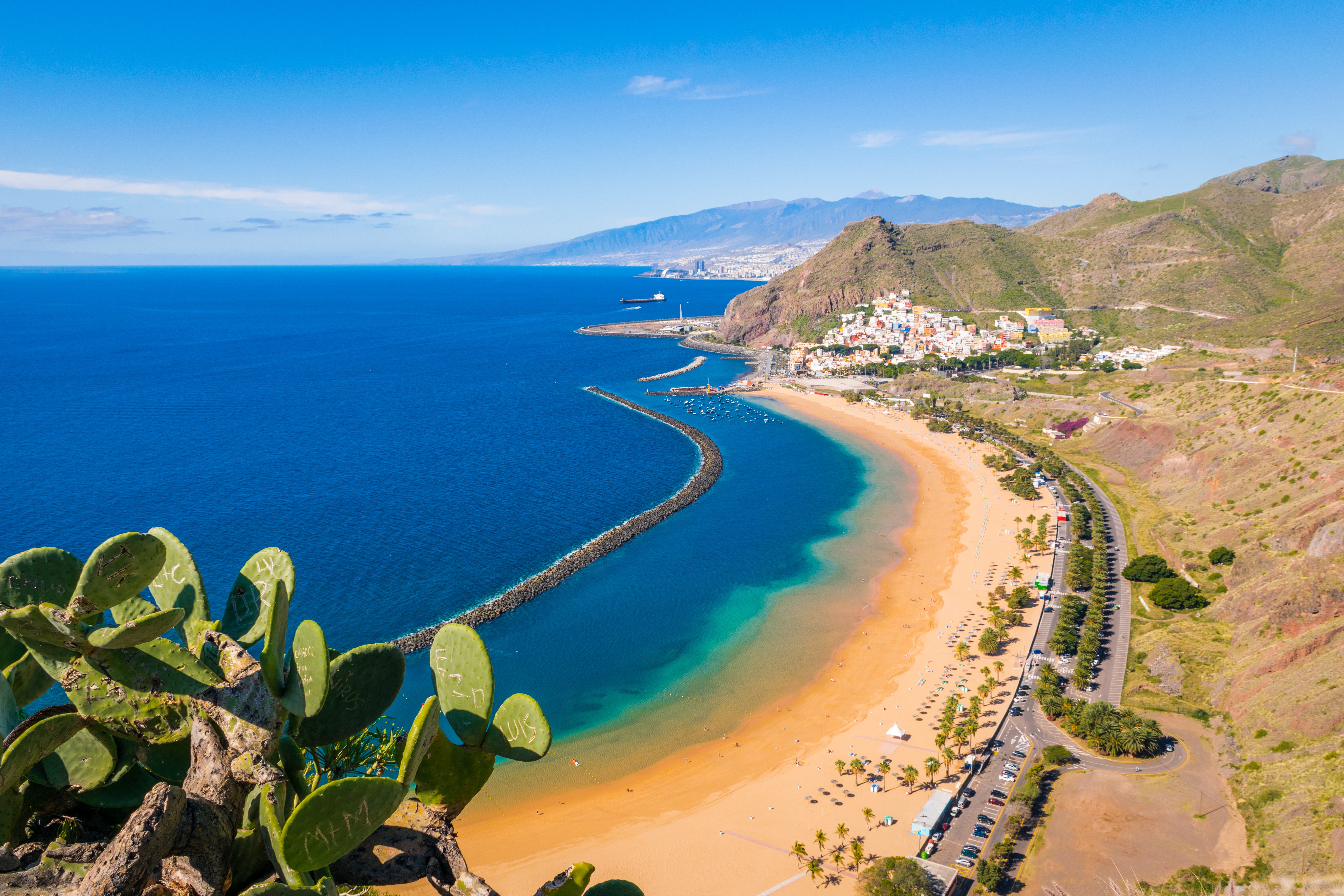
Residents of the Canary Islands are increasingly objecting to the consequences of mass tourism. A number of activists in Tenerife have gone on hunger strike. Around 20 organisations have joined forces in the action group ‘Canarias Se Agota’, with the motto: the Canary Islands will soon be exhausted. The activists are increasingly vocal in expressing their dissatisfaction with the increasing mass tourism. They demand that the local government take measures to limit its negative impact. To reinforce their demand, a hunger strike has been taking place since the end of last week in front of the church La Concepción in La Laguna, in the north of Tenerife. In support, the organisation has called on other residents to hold large-scale demonstrations in the Canary Islands on 20 April. This should be one of the largest protests in the history of the region. According to many residents, the rising number of visitors in recent years is skyrocketing, writes the German dpa. In the pre-corona year 2019, 13.1 million international guests visited the Canary Islands. Last year, there were 14.2 million visitors from abroad (including visitors from Spain, the number comes to 16.2 million). This is more than 13 percent more than in 2022 and more than six percent more than before corona. The activists emphasize that they are not fighting against tourists or entrepreneurs in the tourism sector. They are not fighting for the abolition of tourism, but want the local government to tackle the consequences of mass tourism. As an example, they cite the hundreds of houses that are withdrawn from the housing market because owners offer them for more money on tourist rental platforms. This leads to scarcity in the housing market and therefore to higher rents. In addition, local residents cite mass tourism as the cause of environmental damage, traffic jams, overcrowding, price increases, water shortages and overburdening of health care and waste disposal. Despite the moderate tone, there have already been some incidents in the south of Tenerife. According to dpa, some people had gathered on a beach promenade in the south of the island and shouted at tourists with “Go home.” There was also a protest in front of the parliament in the capital Madrid. The activists want a construction freeze for hotels and golf courses, the introduction of an overnight tax (as has been happening for some time in the Balearic Islands and in Barcelona) and better regulation of the rental of holiday homes. It also advocates a diversification of the economy, with more emphasis on industry and agriculture in order to reduce dependence on tourism. The tourism sector is of great importance on the islands. Tourism in the Canary Islands contributes 35 percent to the regional gross domestic product and employs 40 percent of the local working population. The Canary Islands are known as a quiet destination with relatively little party tourism and few massive resorts. The islands are especially appreciated by hikers, divers, surfers, golfers, cyclists, retirees, sun and beach tourists and nature lovers. According to the activists, local residents benefit too little from the tourism wave. They want tourism revenues to be distributed more fairly. ‘Everything seems to be in the service of tourism.’ Fernando Clavijo, the regional president of the Canary Islands, has promised measures to improve the situation. He also warned against actions against tourists. “People who visit us to have a few days of fun and leave money in the Canary Islands should not be called names.” A spokesman for the hoteliers’ association Ashotel in Tenerife stated that after a broadcast on British television, he had received worried phone calls asking whether a visit to Tenerife was still safe. Gabriel Wolgeschaffen, vice-chairman of the hotel organisation, said: “Leave the cow that gives us milk alone.” (Photo: Shutterstock).
